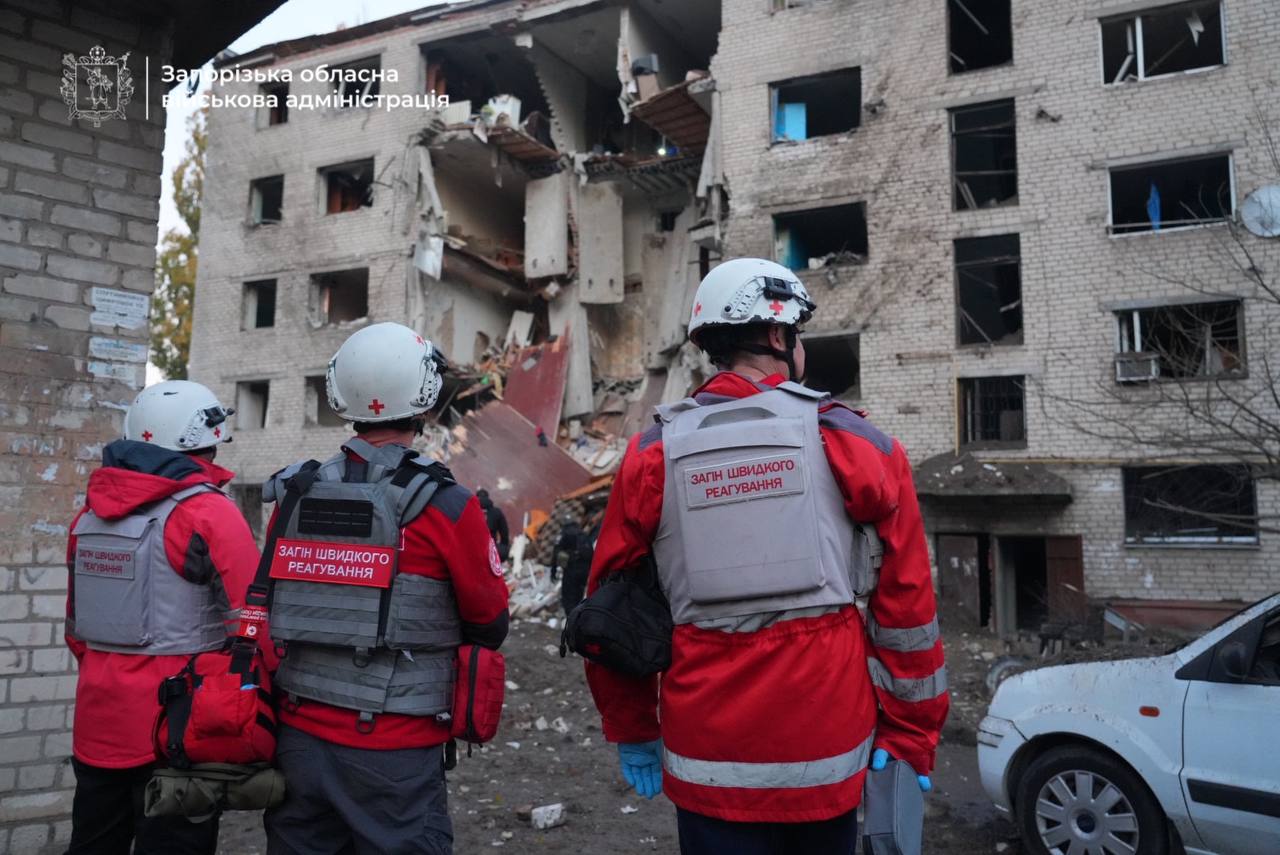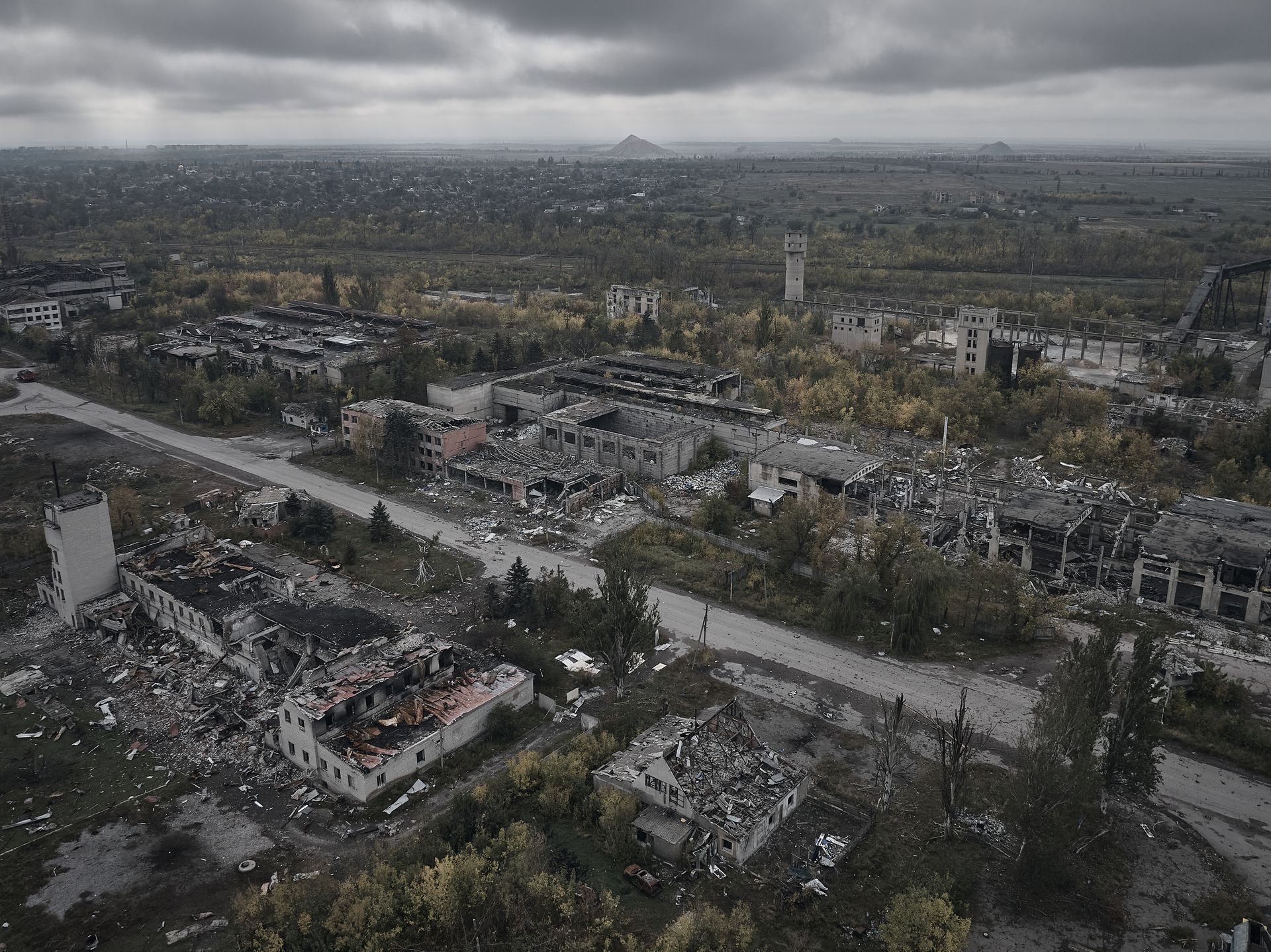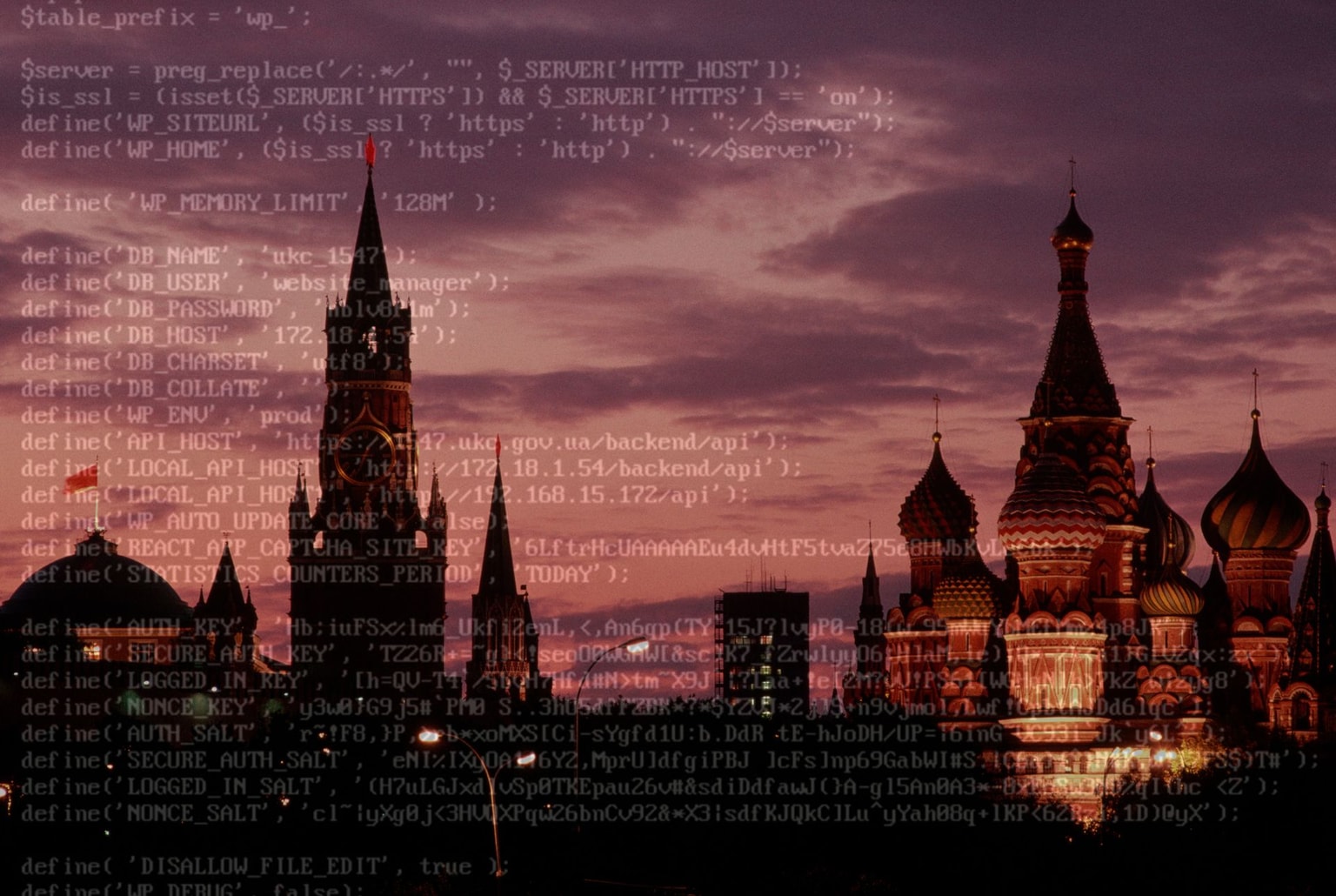'You never know where the bullet will come from' — Russian troops carry out torture, executions in own ranks, media investigation finds

Editor's note: This story was updated to use the word "nullify" as a more accurate translation of the Russian colloquial term for extrajudicial executions in its military.
Extrajudicial killings within the Russian military are becoming more widespread, according to an investigation published by the Russian independent outlet Verstka.
The practice of "nullifying" (Russian: "obnulenie") — the Russian military's term for executing its soldiers — increasingly involves sending personnel on deadly assualt missions without proper protection, journalists found.
Verstka collected information on over 100 "nullifiers" among Russia's senior officers. Investigators spoke to military personnel and their families, and also studied complaints from the military prosecutor's office.
One example is Colonel Igor Istrati, a commander of Russia's 114th Separate Motorized Rifle Brigade, who allegedly ordered executions and torture of soldiers in his unit. He reportedly sent troops on assualts without weapons or equipment in an effort to "nullify" targeted soldiers.
"You know, what's happening there is that... You never know where the bullet will come from: from your own side or from the Ukrainians," said Dmitry, a member of the brigade.
Russian soldiers have also been executed for refusing to participate in suicidal assaults, Verstka reported. One conscript, Alexei, described a commander ordering a subordinate to gun down any soldiers who refused to join an assault.
Their bodies "were simply thrown into the river in their bulletproof vests so that they wouldn't float, or they were buried somewhere. That's the easiest way to get rid of them," he said.
Others reported similar stories of soldiers being ordered at gunpoint to join "meat-grinder" assaults and being executed by their own troops if they refused.
Soldiers also described torture pits — basements and grated holes where servicemembers were beaten, starved, and even drowned. In some cases, soldiers reported being forced to fight one another in the pits for the chance to live.
The killings are primarily motivated by money, Verstka reported. Commanders sell the opportunity to avoid assault missions, demand bribes, and transfer salaries from contract fighters to their own accounts. Refusal to pay can result in being "nullified."
Russia's ongoing offensive in eastern Ukraine has relied on deadly "human wave" assaults, with Moscow incurring heavy personnel losses for every inch of territory gained. The tactic is brutal but effective: Russian forces have steadily advanced in Donetsk Oblast, taking advantage of their superior numbers to offset record casualties.













